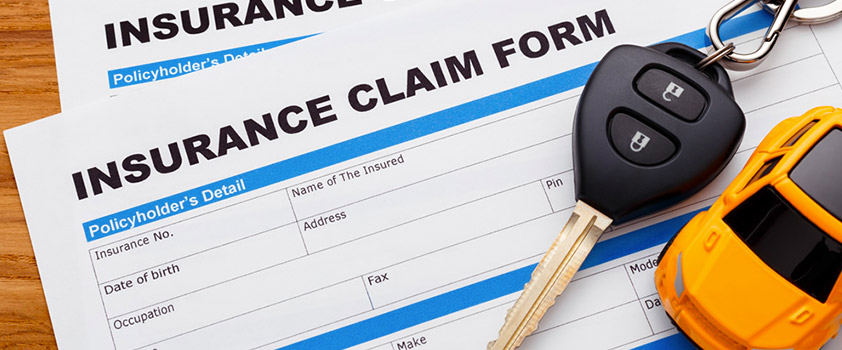How to File a Car Insurance Claim and What to Expect
Filing a car insurance claim can feel daunting, particularly after experiencing the stress of an accident or unexpected vehicle damage. Understanding the process and knowing what to expect can help you navigate this unsettling time with confidence. This detailed guide will walk you through the steps of filing a claim, what you may encounter along the way, and tips to ensure a smoother experience.
Step-by-Step Guide to Filing a Car Insurance Claim
1. Assess the Situation and Gather Information
- Safety First: Immediately check for injuries and ensure all parties are safe. Contact emergency services if necessary.
- Document the Scene: Take clear photos of any damages to all vehicles involved, the accident scene, and any relevant road conditions or traffic signals.
- Exchange Information: Obtain contact and insurance details from all other drivers, including names, phone numbers, license plate numbers, insurance company names, and policy numbers.
- Collect Witness Accounts: If there are any witnesses, gather their contact information and statements about what they observed.
2. Notify the Authorities
- File a Police Report: Depending on the severity of the accident and local laws, you may be required to contact the police. A police report can provide an official account of the incident, which may be needed for the claim process.
3. Contact Your Insurance Company
- Timely Notification: Call your insurance company as soon as possible to report the incident. Adhering to their timeline requirements is crucial for timely processing.
- Provide Accurate Details: Be prepared to share all collected information and describe the incident in detail. Stick to the facts and avoid speculating about blame or fault.
4. Work with an Insurance Adjuster
- Expect a Call: An insurance adjuster will likely contact you to assess the damage. They will evaluate the situation, review the police report, photos, and any other documentation you have provided.
- Cooperate and Communicate: Be responsive and cooperate fully with the adjuster’s requests for information and documentation. This collaboration will facilitate a fair assessment of your claim.
What to Expect During the Claims Process
Review and Decision
- Claim Evaluation: The insurance company will review all the submitted documents and evidence. They will determine fault, assess damage severity, and calculate repair costs.
- Settlement Offer: Based on their evaluation, the insurer will provide a settlement offer. This amount is what they are willing to pay for repairs and any other covered expenses.
Repair Process
- Selecting a Repair Shop: You can usually choose your repair shop, but ensure the shop is approved by your insurer if required. Some insurers have a network of recommended repair facilities.
- Repairs and Payment: Once repairs are authorized, they can proceed. The insurer typically sends payment directly to the repair shop, although in some cases, you may receive the payment and then pay the shop.
Potential Challenges
- Disputed Claims: If you disagree with the settlement offer or encounter a disputed claim, you can negotiate with your insurer. Presenting additional evidence or repair estimates can support your case.
- Delays: Be aware that delays can occur, especially in complex cases or during periods of high claim volume. Maintain open communication with your insurance company for updates.
Tips for a Smooth Claims Experience
Understand Your Policy
- Know Your Coverage: Familiarize yourself with your insurance policy’s details, including coverage specific to collision, comprehensive, liability limits, and deductibles.
Keep Comprehensive Records
- Documentation: Keep a thorough record of all documentation and correspondence related to your claim. This includes your policy, communication with your insurer, and any repair receipts or estimates.
Be Honest and Forthcoming
- Transparency: Honest communication regarding the incident and damages is vital. Providing a clear and truthful account will aid in efficient claims processing.
Conclusion
Filing a car insurance claim doesn’t have to be an overwhelming experience. By understanding each step, collecting essential information, and maintaining clear communication with your insurer, you can manage your claim effectively and minimize stress. Remember to consult your specific insurance policy for details unique to your coverage, and rely on your insurer’s resources if you need further assistance throughout the process.
Ultimately, being prepared and informed can lead to a swift resolution, allowing you to get back on the road with peace of mind and confidence.










